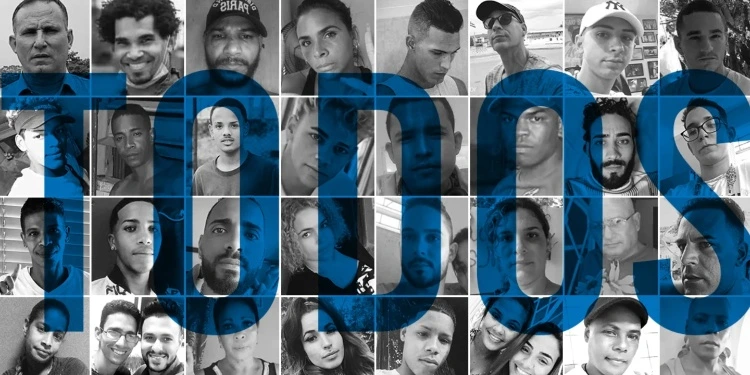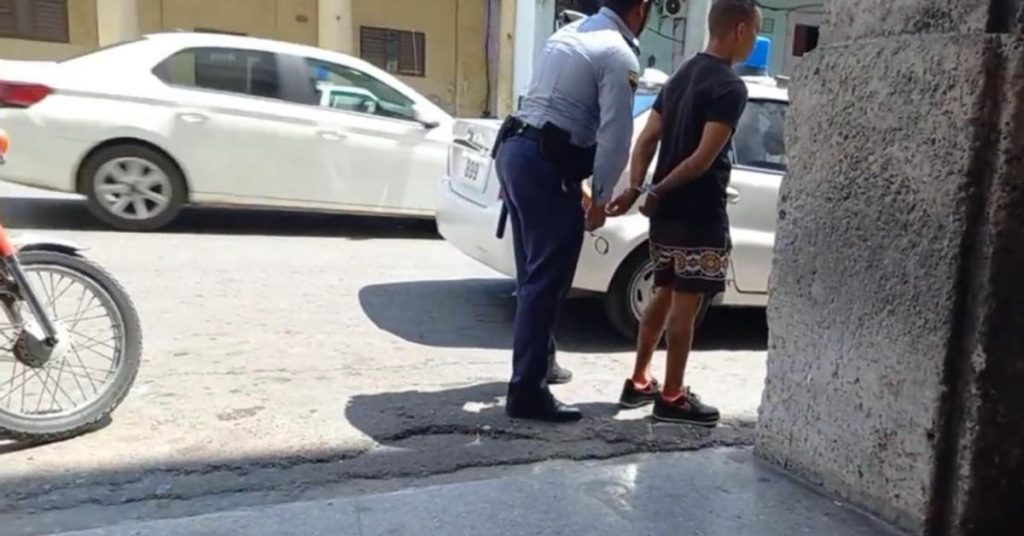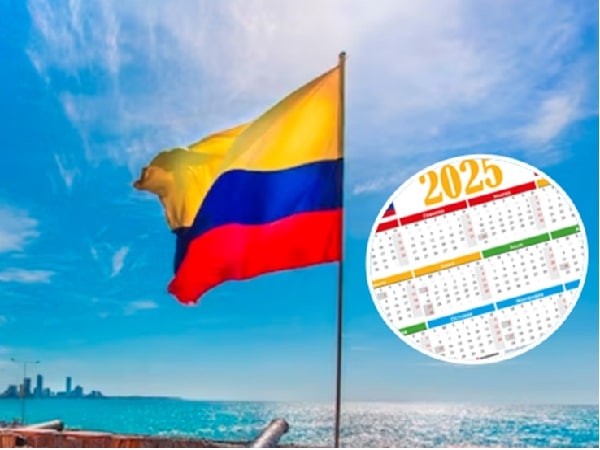MIAMI, United States. – At least the relatives of three political prisoners – one released on January 15 and two others awaiting probable release – have been threatened with reprisals by State Security. The regime has told the families that it could revoke the prisoner release measure or even not grant it if they continue offering interviews to the independent or foreign press accredited on the Island, or denouncing on social networks the requirements for the releases, which have occurred. under the figures of “conditional release”, “extra-penal license” and “early release”.
The relatives of three political prisoners suspended interviews agreed with CubaNet and confirmed the information. They also asked to protect their names to avoid reprisals. Some of them have even been summoned by the authorities.
After announce the release of 553 inmateslast Wednesday the Cuban regime began to release several political prisoners throughout the Island, a measure that supposedly responds to an agreement with the Vatican to celebrate the Ordinary Jubilee of 2025.
In your official notethe Cuban Foreign Ministry avoided referring to the negotiations with the United States, although the release measure was announced a few hours after it became known that Washington would remove the Island from the list of States sponsoring terrorism and suspend Title III of the Helms-Burton Act. .
On the same Wednesday, Maricela Sosa Ravelo, one of the vice presidents of the People’s Supreme Court of Cuba, he stated in the magazine Good morningof the Caribbean Channel, that it was not an amnesty or a pardon, measures that would lead to the total extinction of the sanction and that the beneficiaries would not be subject to any control.
“In this case they are early release benefits,” said the official. He also specified that they include people who, due to their health conditions or age, will receive “extra-penal license.”
Several political prisoners have also been sent home on “parole,” a benefit that entails mobility and other restrictions.
Among those released are opposition leader José Daniel Ferrer, the sisters Lisdani and Lisdiani Rodríguez Isaac11J protesters; as well as Luis Robles —arrested in December 2020 on San Rafael Boulevard in Havana for demonstrating against state repression— and Yandier García Labrada, a member of the Christian Liberation Movement, who was arrested on October 6 of the same year.
According to the Cuban Observatory of Human Rights (OCDH), as of 10:30 am on January 17, 50 political prisoners had been released, representing close to 5% of all those detained for reasons of this nature.















